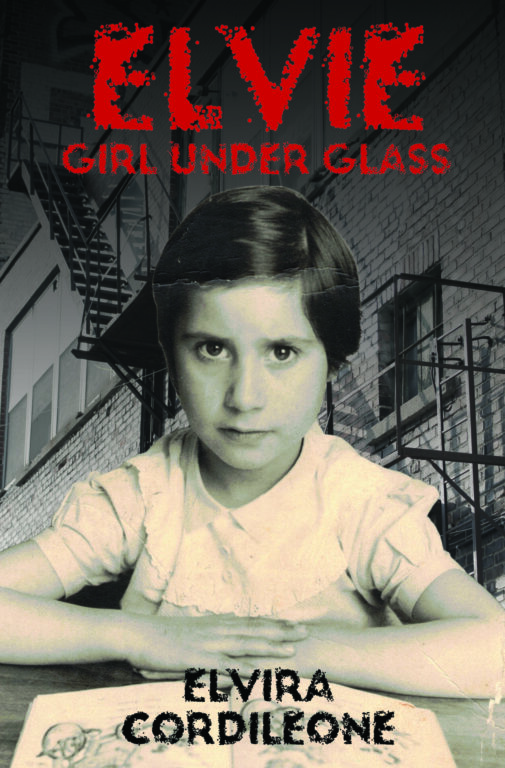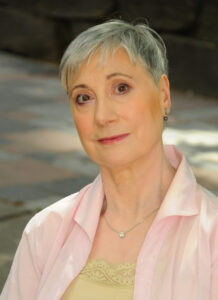by
Elvie, Girl Under Glass tells the poignant story of a child transplanted from a sunny mountain village in Italy to Montreal, Quebec, in 1952. Raised in a household ruled by a cruel, controlling father, her desire to free herself from his oppression mirrors the French-language majority's battle to wrest control of the province's economic resources from the English-speaking elite. Unlike some of the separatists who eventually turn violent, Elvie responds to her father's growing strictures by withdrawing deeper into herself. Respite comes from the company of friends and long hours immersed in the thrall of books. Nevertheless, this coping mechanism results in an adult plagued by bouts of depression. The memoir explores Elvie's experience of growing up by the rules of an Italian household while navigating the French-English divide in Montreal with ease. She learns French on the streets of her lower-working-class neighbourhood and attends school in the English system. Her efforts to break free of her constricting heritage coincide with the aftermath of Quebec's Revolution of the 1960s and subsequent bloodshed and violence as the French-language majority wrests control of the province's resources from the English elite. Elvie, Girl Under Glass peeks into one person's heart and soul as she seeks safe harbour.
My father had rented and furnished a flat prior to our arrival in Montreal’s downtown, downmarket east side. Until then, he’d boarded with his cousin, Guilio, who’d sponsored his application to live in Canada. At the time, Montreal was the nation’s economic centre, and growing. Employers were hungry for labourers, and my father soon found work.
I stared in wonder as a car, maybe a taxi, drove us along broad city streets crowded with other cars and the odd horse-drawn wagon. And oh, how very tall the buildings were, so high above the car I couldn’t see their tops.
READ MOREWe moved into a cold-water flat on the second and top floor of a row house on Rue Saint-Christophe. No gardens or patches of lawn led up to them to relieve the expanse of red-brick surfaces. We climbed half a dozen steps from the sidewalk to a verandah with four doors painted forest green. My father opened the second door on the right and led us up a steep interior staircase. I have a vague memory of darkness, of extreme narrowness leading to the top floor.
We reached a small landing with doors to either side. My father unlocked the one on the left and we entered a flat filled with people, paesani, ex-pat villagers who’d come to welcome us. Mamma cried with happiness at the sight of friends and distant relatives she hadn’t laid eyes on in years.
COLLAPSECarla on https://www.goodreads.com/en/book/show/213370987-elvie-girl-under-glass wrote:An excerpt from Uncomfortable Truths by Nadia Trudel
A review of Elvie, Girl Under Glass by Elvira Cordileone
Published on July 4, 2024"Joan Didion said we tell ourselves stories in order to live. Elvie, Girl Under Glass is the culmination of how, with distance and healing, we can attempt to organize the chaos of our lives into coherent narratives – for art, for memory, for further healing, or maybe for activism. Elvie, Girl Under Glass is an ambitious memoir following Elvira Cordileone’s early life in Montreal amid cultural revolution. The prologue reads like a fairytale, describing a recurring childhood dream of a girl trapped in a room, observing others from her window, longing to escape and be with everyone else. Cordileone was three years old when she and her mother immigrated from Campochiaro, Italy, to Montreal. From the moment she rejoins her father in Canada, Elvie is afraid of him. Her home life is chaotic, demanding, and sometimes dangerous, dominated by her father and his mental illness. As the eldest daughter of immigrant parents, Elvie bears a heavy burden: looking out for her younger siblings, attempting to protect her mother, performing household duties expected of girls, and navigating her father’s moods."
"This was a difficult story for Elvira Cordileone to write. Most immigrant families hide family abuse and mental illness in a cone of silence. As the oldest child, she was born in Italy, but has some memories of her time in Campochiaro before they immigrated to Canada in 1952 and her two younger siblings were born soon after that in Montreal. What she remembers most are the years after they moved to Canada and her father was angry, controlling and could not keep a job, and Elvira, even as young child, lost respect for her mother, who like most women of her age and background would, or could, not stand up to her abusive husband because she would lose face in the Italian community in Montreal as well as back in their village in Italy. Elvira worried about her mom, her little sister and brother and decided at a young age that a man would never put her in that position. Running parallel to this family memoir is the story of Quebec and its’ French / English battle for political, economic and language control in the province which led to domestic terrorism and violence. This memoir is well written and covers both the family issues (warts and all) and what was happening in the late 60s / early 70s in the province (worrisome to all but especially to the children who did not really understand what was happening). This is a story about control, or lack of control, and the effect that it has, especially on vulnerable people. Definitely worth a read."








